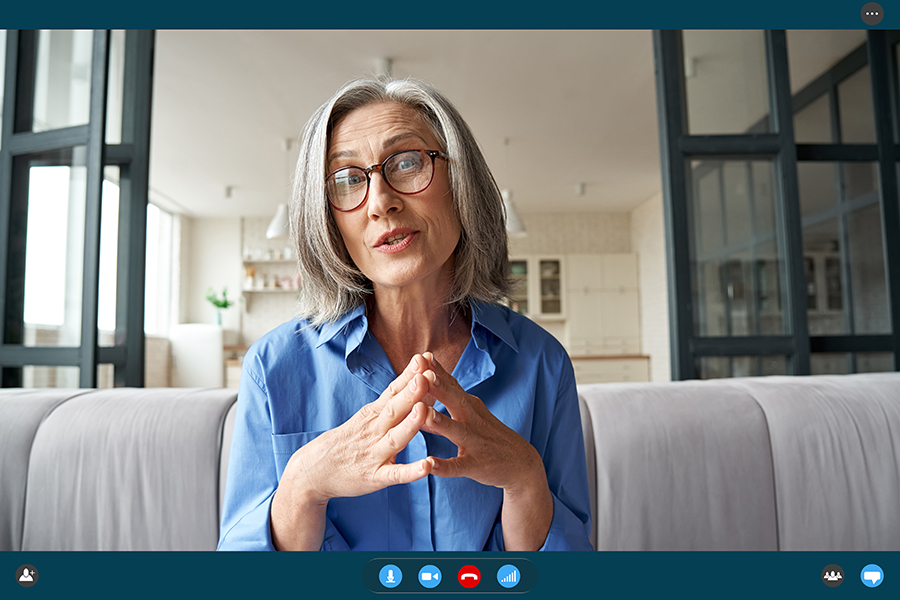Can You Use a Video Will to Distribute Assets to Your Relatives?

In this time of modern technology, it's not uncommon to capture important moments on video. Whether it be by a cell phone or laptop, video communication is an integral part of contemporary life. Thus, it may make sense to think that it's possible to create a will by simply making a video. In fact, many movies portray this as a perfectly normal thing. Yet, you cannot rely on what you see on TV when it comes to important life decisions. Learn more about video wills and whether they actually carry any legal significance.
It's Likely Not Enough
Video alone may not be enough to satisfy the legal requirements in most jurisdictions. It is important to remember that at its very essence, a will is a written document. Clearly, a video doesn't meet this standard. Take a moment to look at Utah's requirements for a valid will. Subsection (1)(a) of section 75-2-502 of the Utah Code requires that the will be in writing. In addition, the testator must sign the will or direct another person (who is present) to complete the signature. Furthermore, two witnesses must sign (within a reasonable time) to acknowledge the testator's act of signing. As you can see, a mere video recording would not meet the estate law requirements. In order to be valid, a will needs to meet the strict letter of the law.
Some Possible Exceptions
There may be some scenarios in which video evidence could support the creation of a valid will. If the relatives of the decedent are contesting will provisions, a video explanation can help quell the conflict. In such a situation, a video of the testator can help explain his or her reasoning for creating unequal shares.
A video can also support the overall validity of a will. In some cases, video evidence can show that the testator was of sound mind when signing the will. Similarly, it can provide proof that all the formalities were followed when executing the will. However, the video should be used to support the testamentary process, not to replace it.
In the end, there are some helpful ways to incorporate video into the estate law process. Yet, the large majority (if not all) wills are still created in written form. In any case, it is best to consult with an estate lawyer before creating your last will and testament. An estate attorney can help you choose the right options for your individual needs.
To learn more about estate law in Utah, contact the law office of TR Spencer & Associates today.